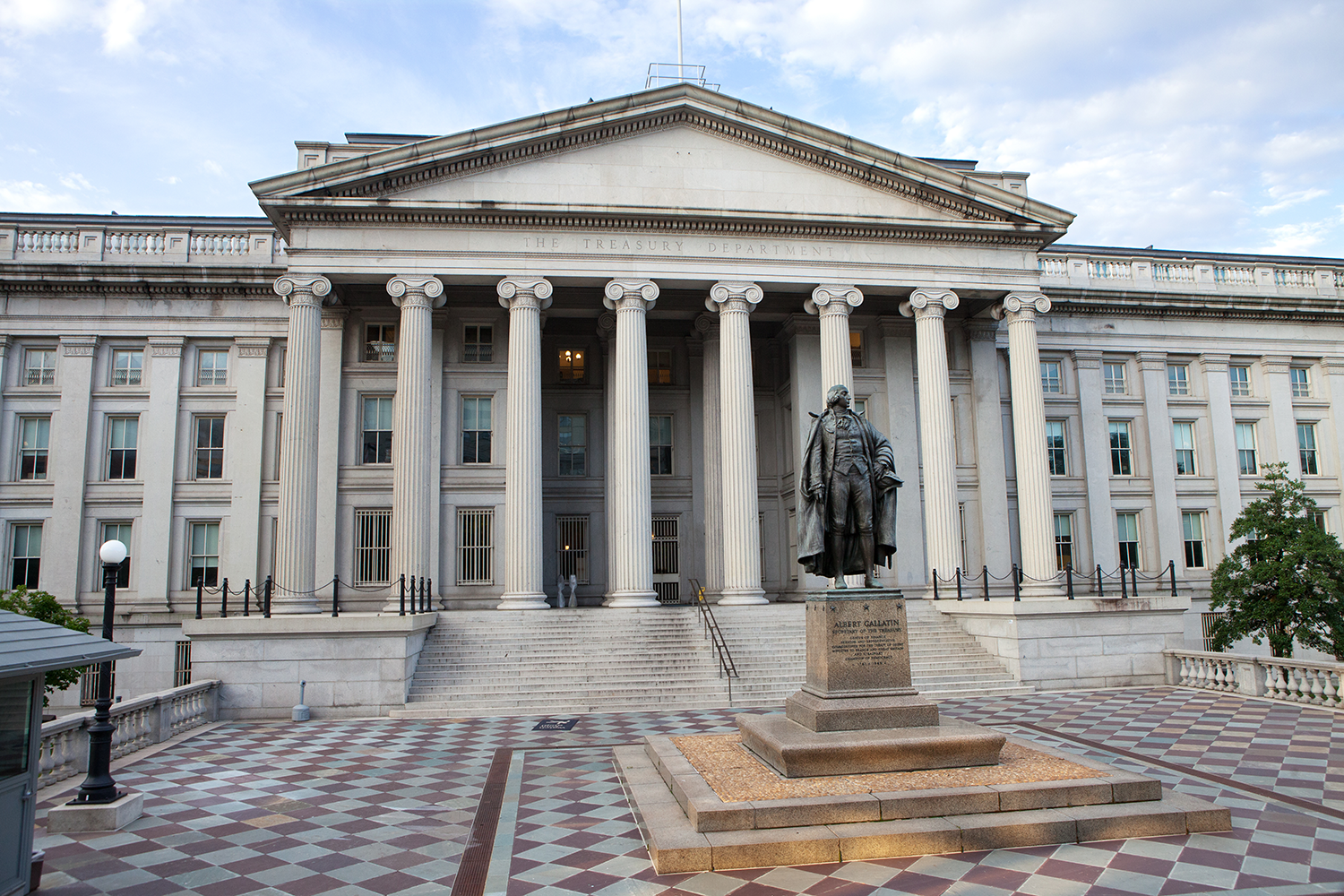In an unusual move on Tuesday, the Japanese government reached out to primary dealers and institutional investors for feedback on its bond issuance strategy, a step that has fueled speculation Tokyo may soon scale back its supply of longer-dated debt.
What Happened: The inquiry by Japan’s Ministry of Finance comes amid heightened volatility in the government bond market, where longer-term yields have surged in recent weeks on mounting concerns over the country’s fiscal trajectory and waning demand from domestic and foreign buyers.
- Tokyo’s move to potentially reduce issuance of longer-dated bonds reflects the growing strain of financing the world’s heaviest debt burden—Japan’s government debt now stands at more than 260% of GDP.
- The outreach appeared aimed at stabilizing market sentiment and restoring confidence after a string of sell-offs that pushed yields to multiyear highs.
JGB Rally: Last week, the yield on Japan’s 30-year government bond spiked to 3.2%—its highest level in over a decade—before falling sharply by 18 basis points on Tuesday to 2.85% following the ministry’s announcement.
- The benchmark 10-year yield also edged down five basis points to 1.46%.
US Benefits: The impact of Japan’s market shift rippled globally. U.S. Treasury yields followed suit, with the 10-year note falling seven basis points to 4.43%, its lowest level since early May, offering a brief respite to a bond market that has been grappling with a global recalibration of interest rate expectations.
Impact on Rates: Rising rates in Japan could cause a sell-off of U.S. bonds thanks to the Yen Carry Trade. As rates fall in Japan, it calms bond markets and not only prevents traders from closing their position but might entice those same traders to add to their position, causing rates to fall.



